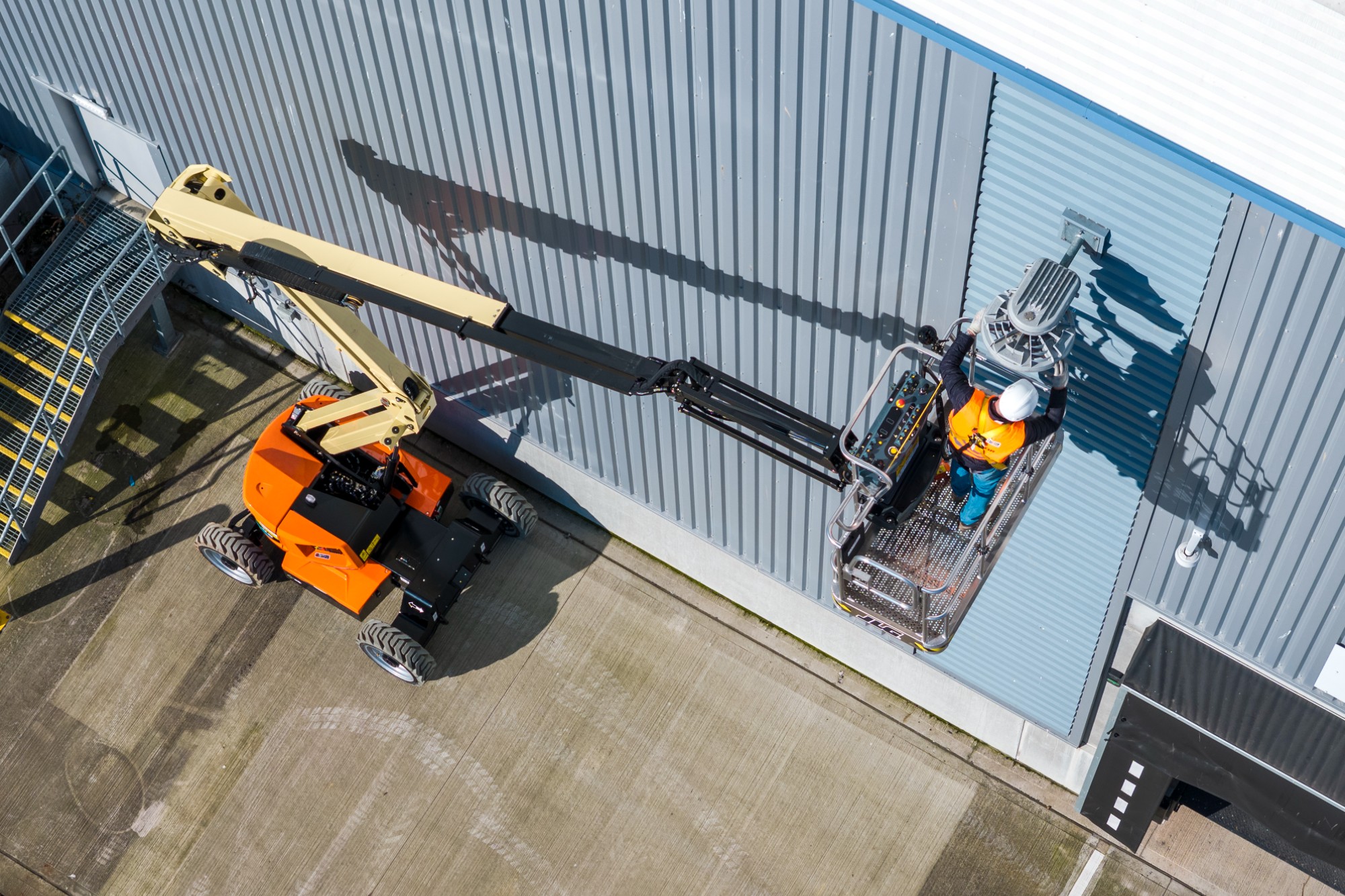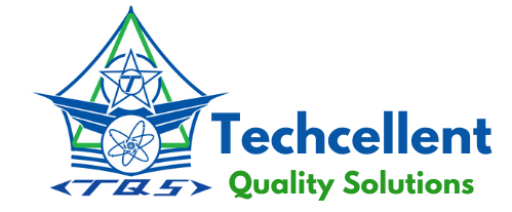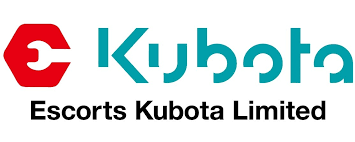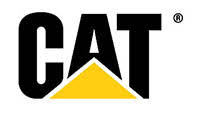NMA embrace geospatial knowledge for global sustainability
By Staff Report | August 12, 2024 7:03 pm SHARE

Geospatial World’s new paper, “Evolving Role of National Mapping Agencies,” explores how NMAs are transforming by adopting Geospatial Knowledge Infrastructure to enhance their impact on national and global development.
It emphasises the value of collaboration between NMAs and the private sector, demonstrating how these collaborations are transforming geospatial capabilities in different economic sectors. Effective collaboration combines the skills and resources of public and commercial partners and promotes the creation of cutting-edge geospatial solutions. To ensure successful partnerships, it is critical to implement strong mechanisms that include specific actions, policies, and strategies that facilitate effective cooperation, as well as to adopt appropriate partnership models that establish the structural frameworks and types of relationships between the collaborating parties.
The report describes several public-private partnership (PPP) approaches, strategic alliances, and data-sharing agreements, all of which are important in improving NMA capabilities. PPPs are cooperative partnerships between one or more public-sector bodies and private-sector enterprises that combine their strengths to create substantial advances in geospatial technologies. For example, the Alberta Data Partnership (ADP) is recognised as a significant example in the geospatial sector, to use the capabilities and resources of both public and private institutions to improve geospatial data accessibility, quality, and utility across a wide range of applications.
Strategic alliances are formal agreements between independent organisations to work together and exploit each other’s strengths, resources, and talents to achieve certain goals while remaining distinct entities. These relationships can help NMAs and industries exchange geospatial data, technology, and knowledge. A significant example is SwissTopo’s strategic partnership with Hexagon, which modernised mapping systems by incorporating sophisticated surveying technologies such as LiDAR and photogrammetry, enhancing data accuracy and processing speed.
Data-sharing agreements are critical for maximising the use of geographical data. These formal agreements establish explicit standards, access mechanisms, and usage rights for sharing geographic data between parties, thereby increasing transparency and efficiency. For example, the Australian Government collaborated with Geoscape Australia to provide licensed access to proprietary datasets for commercial and academic purposes.
Hitesh Kumar Makwana, IAS, Surveyor General of India, Survey of India, India, highlighted the achievements under the National Geospatial Policy 2022: “In line with National Geospatial Policy 2022, Survey of India has commenced collaboration with the industry. The Government has advanced from traditional methods of procuring data to collecting accurate geospatial information and developing applications that can solve problems in real-time. All of this has happened due to private-public partnerships.”
His statement reflects a growing realisation of the value that public-private partnerships offer to the geospatial sector, allowing NMAs to be more dynamic and impactful in tackling national problems.
Sanjay Kumar, CEO of Geospatial World, spoke about the industry’s key transition: “The transition to Geospatial Knowledge Infrastructure represents a pivotal moment for National Mapping Agencies and the entire geospatial industry. This high-level thought leadership report underscores the importance of evolving our data frameworks to enhance collaboration and drive sustainable development. By integrating advanced geospatial technologies within a cohesive digital ecosystem, we are advancing our capabilities and contributing to global resilience and growth.” His findings underscore the vital necessity for NMAs to adapt to a quickly changing technology context in order to remain at the forefront of geospatial innovation.
The research goes on to discuss the expanding role of NMAs, which is being pushed by technological breakthroughs such as Artificial Intelligence (AI), Machine Learning (ML), and Digital Twins. These technologies are transforming the geospatial landscape, allowing NMAs to provide more precise and actionable data that is critical for decision-making in fields such as urban planning, infrastructure management, and environmental monitoring. The integration of these technologies improves data accuracy and broadens the scope of NMA capabilities in supporting complicated decision-making processes.
Furthermore, the research highlights the emerging trend of public-private partnerships (PPP) as critical to encouraging innovation and strengthening NMA capacities. NMAs are better positioned to assist economic growth, sustainable development, and capacity building in various sectors by utilising industry experience. These collaborations are cited as critical in ensuring that NMAs can keep up with the changing demands of the geospatial sector, making them more nimble and responsive to new issues.
Other collaborative approaches discussed in the paper include collaborative R&D consortia, technology transfer agreements, and outsourcing and contracting, all of which play important roles in the advancement of geospatial technologies. For example, a cooperative initiative between the German Federal Agency for Cartography and Geodesy (BKG) and the Fraunhofer Institute resulted in the development of novel geospatial data processing methods, illustrating the capacity of collaborative research and development to drive innovation.
The paper finds that as NMAs evolve, their contributions to national and global development will become more important. The incorporation of modern geospatial technologies, as well as the increase in collaborative activities, will position NMAs as critical to the future of geospatial knowledge and its use across a wide range of sectors. This progression is projected to enable NMAs to take a more proactive role in determining the future of geospatial intelligence, resulting in global innovation and sustainability.
Cookie Consent
We use cookies to personalize your experience. By continuing to visit this website you agree to our Terms & Conditions, Privacy Policy and Cookie Policy.





















































